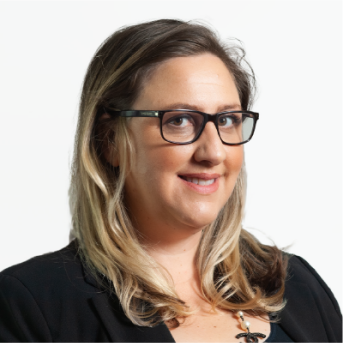 Oliver Hopkins 24/03/2023
Oliver Hopkins 24/03/2023
 391
391
 0
0
Deadline For Registration For Offshore Properties Comes To And End Will It Reveal Names Of Shady Investors?
The end game is in sight for beneficial owners of residential and commercial properties who had their interests registered in tax havens and who were formerly kept out of official records. Some thereby evading taxes and making handsome gains. Beneficial owners of residential and commercial properties must now declare their offshore properties to the Register of Overseas Entities. Many of the UK's prime residential properties have had a cover of suspicion over them. Experts looked at these properties with skepticism. What the registration of beneficial overseas ownership will facilitate is to put an end to the tax authorities not knowing the reality of these properties.
Government's crackdown on money laundering
The UK government's crackdown on money laundering and sanctions following Russian President Putin's invasion of Ukraine has, in some ways, led to the acceleration of this crackdown on owners of these suspicious overseas properties. Overseas ownership of properties has surged significantly since 2010 it has nearly tripled thanks to the intense commercialization of residential property, and now accounts for circa one percent of all UK properties.
According to Mike Ward, a former banker and data intelligence entity head of Armalytix, hoarding such properties is not limited to London. Foreign investment in UK properties has spread across the country in the last decade. An increasing ratio of foreign investors implies that first-time buyers will have a tougher time owning their property as they now have to compete with investors from across the globe in addition to local asset-rich buy-to-let landlords. The excessive commercialization of housing has another significant impact on UK citizens. They face the risk of being turned into tenants on their land.
As awareness about the problem spreads, many leaseholders are fed up with faceless shells. entities are scrambling to determine who their freeholder is. Reportedly, first off the block are the leaseholders in Milton Keynes. They are demanding information about the beneficial owners of their freehold, which is held by Abacus Land 4, a part of the 1.8 billion Long Harbour fund owned by William Waldorf Astor. Abacus Land 4 is also the landlord of Heysmoor Heights, the early cladding site, among many others. Milton Keynes landowners were informed in August last year that Abacus Land 4 is registering details about its beneficial owners and managing officers to comply with the legislation introduced in this regard.
As per the regulation, the deadline for compliance was 31 January 2023. All overseas entities having purchased property or land in Wales and England on or after 1 January 1999 and in Scotland, on or after 8 December 2014 have to declare the name/s of the beneficial owner/s. If they do not comply with the registration deadline, they will not have an overseas entity ID preventing them from registering a change of interest at the relevant land registry. Therefore, they will not be able to buy or sell property or land in the UK. It is because there has been a lot of 'dirty money' in the property sector this new registration process now exists. The situation is of particular concern in London.
Its image of international capital and a much sought-after destination has resulted in a property boom. Financial crime is thriving as the conditions have become ideal for launderers.Cash-rich investors invest in properties through large corporate entities in the UK and offshore. This process can often provide misleading data about beneficial owners of such properties. Now that the deadline for registration has lapsed, things might become more challenging for such investors. Or will they find a loophole or a trick to escape the system? Only time will tell.





Meet our Expert Property Commentators

























